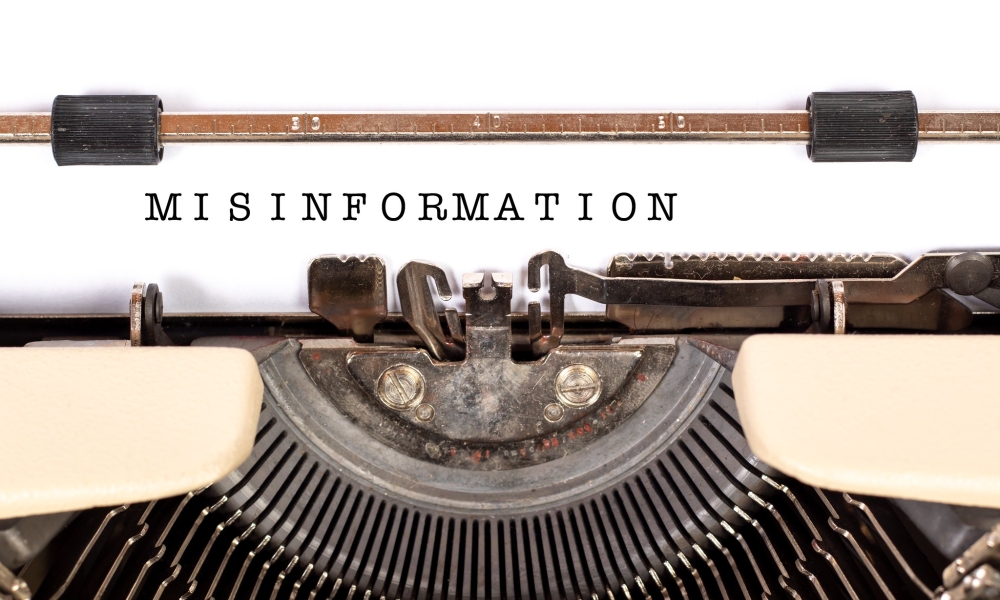Recent election experiences in countries like Brazil and the US have highlighted the role of misinformation in perverting democratic processes. Most of the work done on the subject of misinformation is focused on the Western experience with very limited research within the Indian context. This report gives an overview of the history and implications of misinformation and fake news from global scenarios and specifically from the Indian context.
Highlights:
- A web survey conducted over a period of two months revealed a pattern of correlation between information consumption, perception and sources of news. The findings suggested that people below 20 years and older than 50 years were more susceptible to fake news. Among the other findings, the survey pointed out that most people were not aware of of the existence of fact-checking organisations.
- The report also conducted semi-structured interviews to collect in-depth information from different stakeholders in the information ecosystem in India from technology and internet service providers to political parties. Among the findings from the interviews, WhatsApp, Facebook and Twitter ranked high as the main distribution platforms for unverified information.
- The last section of the report highlights extensively recommendations, case studies and best practices for tackling misinformation for the government, technology platforms, media and the academia, civil society and discourse.
- The authors recommend institutions, agencies and people to engage in the study of misinformation by looking at it as an intersection of human behaviour and technology point of view and not as a narrow problem of either or.

